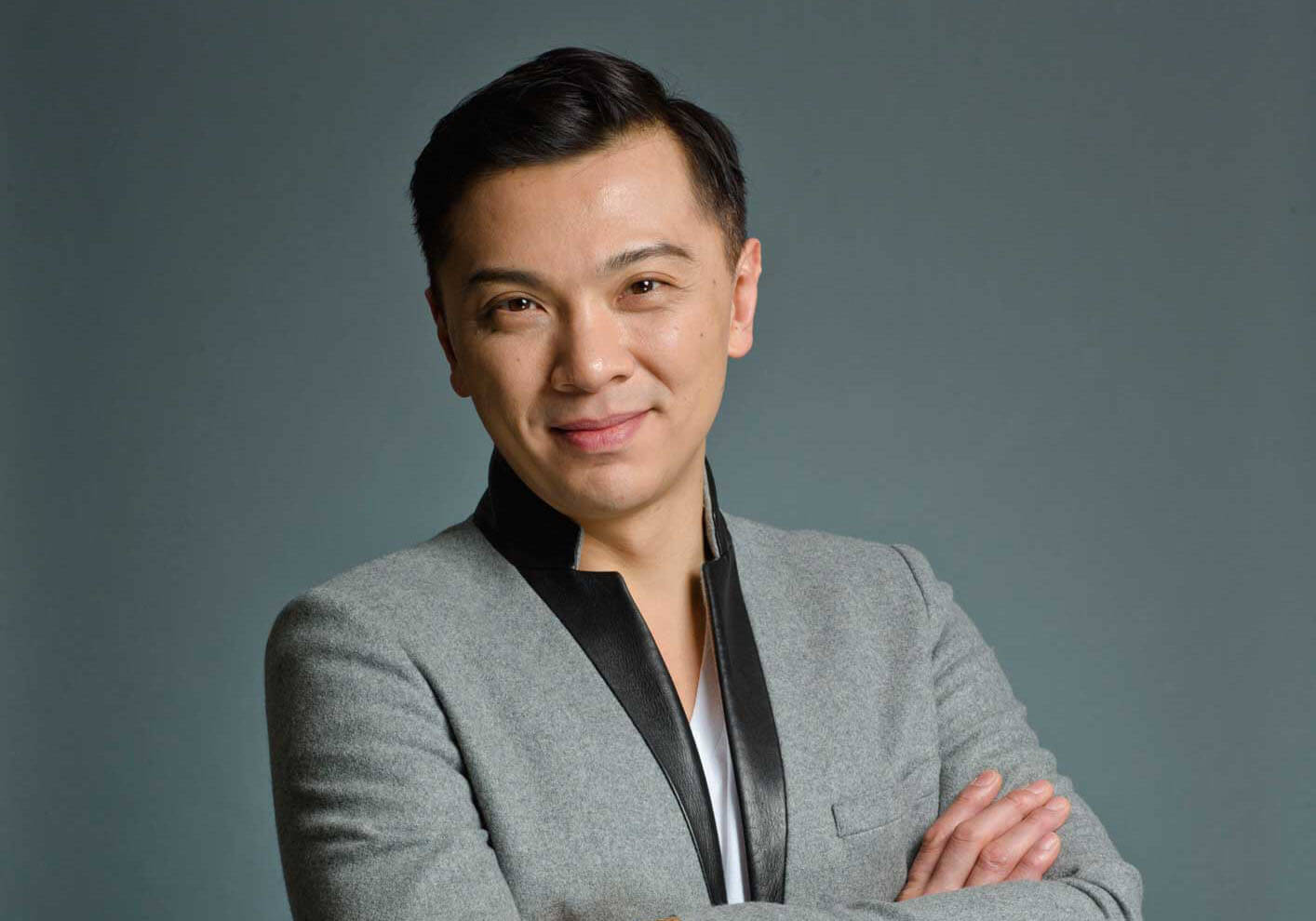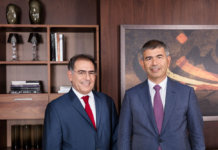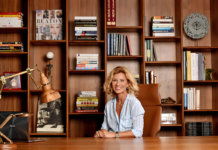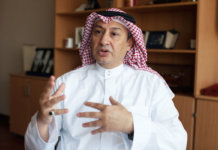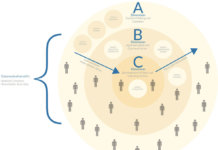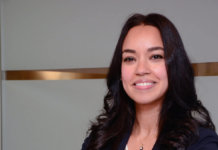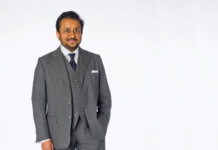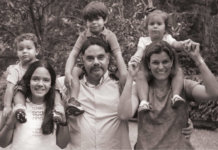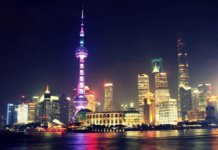Interview with Sunny Tan, CFO and Executive Director of Luen Thai Holdings Ltd.
The Luen Thai Group celebrates its 50th birthday this year. The group’s Founder, Dr. Tan Siu Lin, was born into an entrepreneurial family in Quanzhou, China. He began working with his father in a small textiles business in Manila, Philippines. Dr. Tan’s father passed away in 1961, after the Manila Textile Market fire destroyed the business. Together with his wife, Lam Pek-kim, he moved to Sabah to run a rubber plantation and a small trading business. The couple eventually returned to HK in 1965 where the story of the Luen Thai Group begins.
Having started out as a shipping agency and trading business, the compnay has expanded over the years. In 1983, Dr. Tan expanded the business into an apparel manufacturer, soon adding fishing vessels, airline cargo, hospitality and real estate to its portfolio. The Tan clan also grew, with Dr. Tan’s children and grandchildren joining the family business as it developed into a global conglomerate. Dr. Tan remains Chairman of the Board, watching over his family as they expand the various branches of the business.
Luen Thai Holdings Ltd., the apparel-manufacturing arm of the business, was listed in the Hong Kong Stock Exchange in 2004. In 2014 the holding exceeded US$1.2 billion in revenue, is the family conglomerate’s flagship enterprise. The manufacturer supplies global brands and retailers, such as adidas, Ralph Lauren, Coach, Dillard’s, Michael Kors, Armani, Furla, Kate Spade, Victoria’s Secret, Marks & Spencer, and more.
Tharawat spoke to youngest son and CFO of Luen Thai Holdings Ltd., Sunny Tan, about the fight for unity, living family values and the business of expansion.
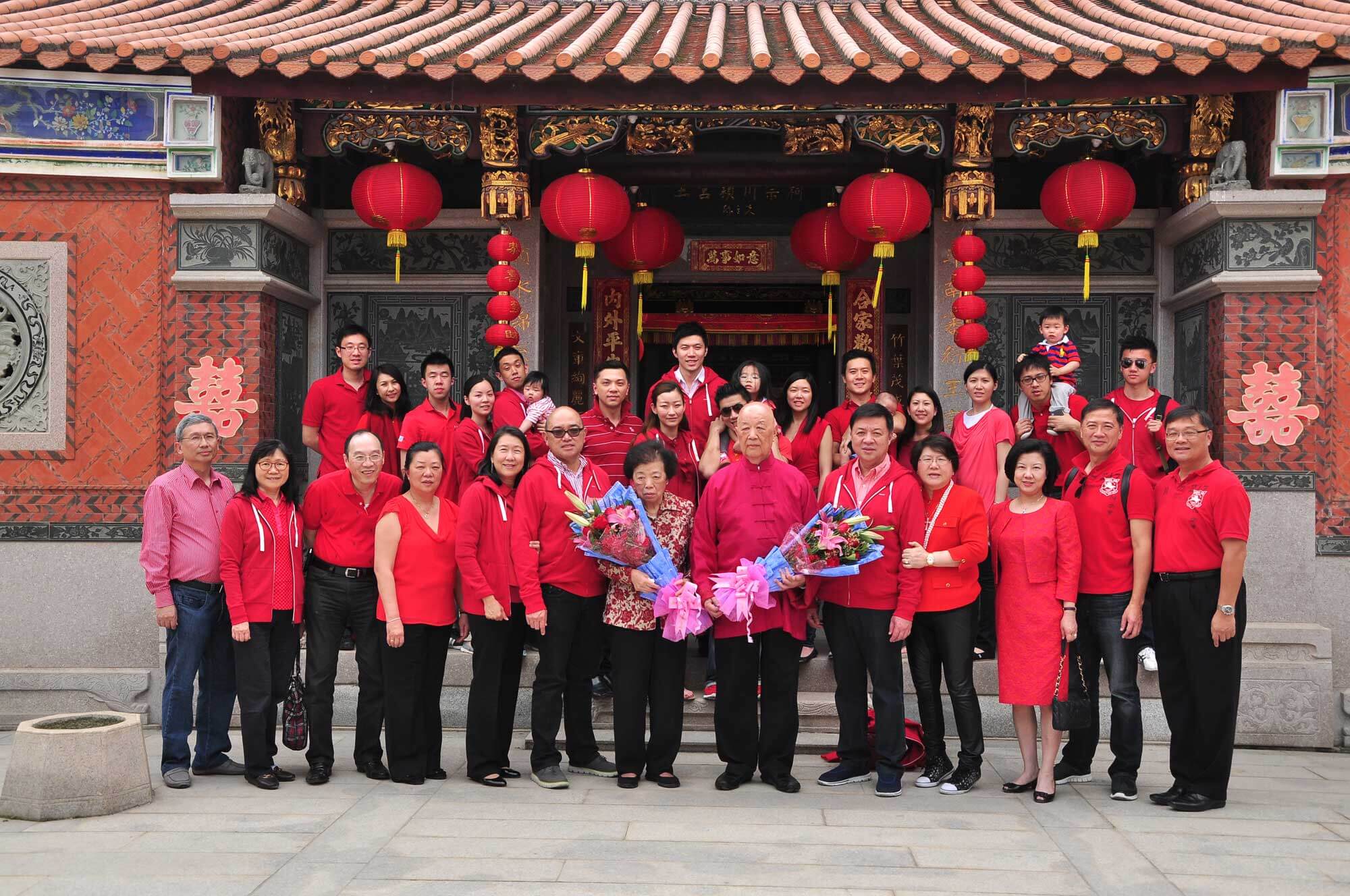
When did you begin working with the family business?
I officially joined the family firm in 1999. I am actually the youngest of the siblings. In fact, I am sort of representing generation 2.5 as my eldest brother is 20 years older than me, and I am not much older than the eldest third generation member.
I was very lucky to have studied overseas. I also worked for Merrill Lynch as an investment banker in Hong Kong, gaining insight into multinational environments, M&A, capital markets and corporate finance. I took all that knowledge back to the family firm and began working in the business development team, where my expertise came in handy.
It was an exciting time for us. We realised that, in order to have meaningful growth, we had to expand our product range from just knit/women shirts to more product categories like lingerie, sweaters, then shoes and bags. Through M&A activities, we were able to instantly secure a solid position in the industry with new customers.
In 2004 we took the company public over a six-month time frame. A lot of people told us the timing was risky; with the SARS outbreak and general economic conditions being unfavourable. But we have proven those people wrong with a very successful IPO with very heavy over-subscription.
Did you find it difficult to adapt to the family business after gaining external experience?
When I was working in the bank, my role models where Bill Gates, Steve Jobs and some big names in investment banking. These admirations were superficial. When I returned to the family business, my role models changed. I understood that being successful is defined differently. Many factors play a role and sometimes luck is involved. Mostly, however, a successful family business needs a successful family. I would have never understood this crucial point had I remained outside of the business.
Being an entrepreneur within your family simply entails a shift in priorities. As a banker I was not really taking any personal risks. I simply made connections for customers and it became rather routine. When working in the family business, I had to make decisions regarding the family’s investments and acquisitions which reflected on the family name. It was family money so the perceived risks were very different. We want to take risks but we also want to be very careful.
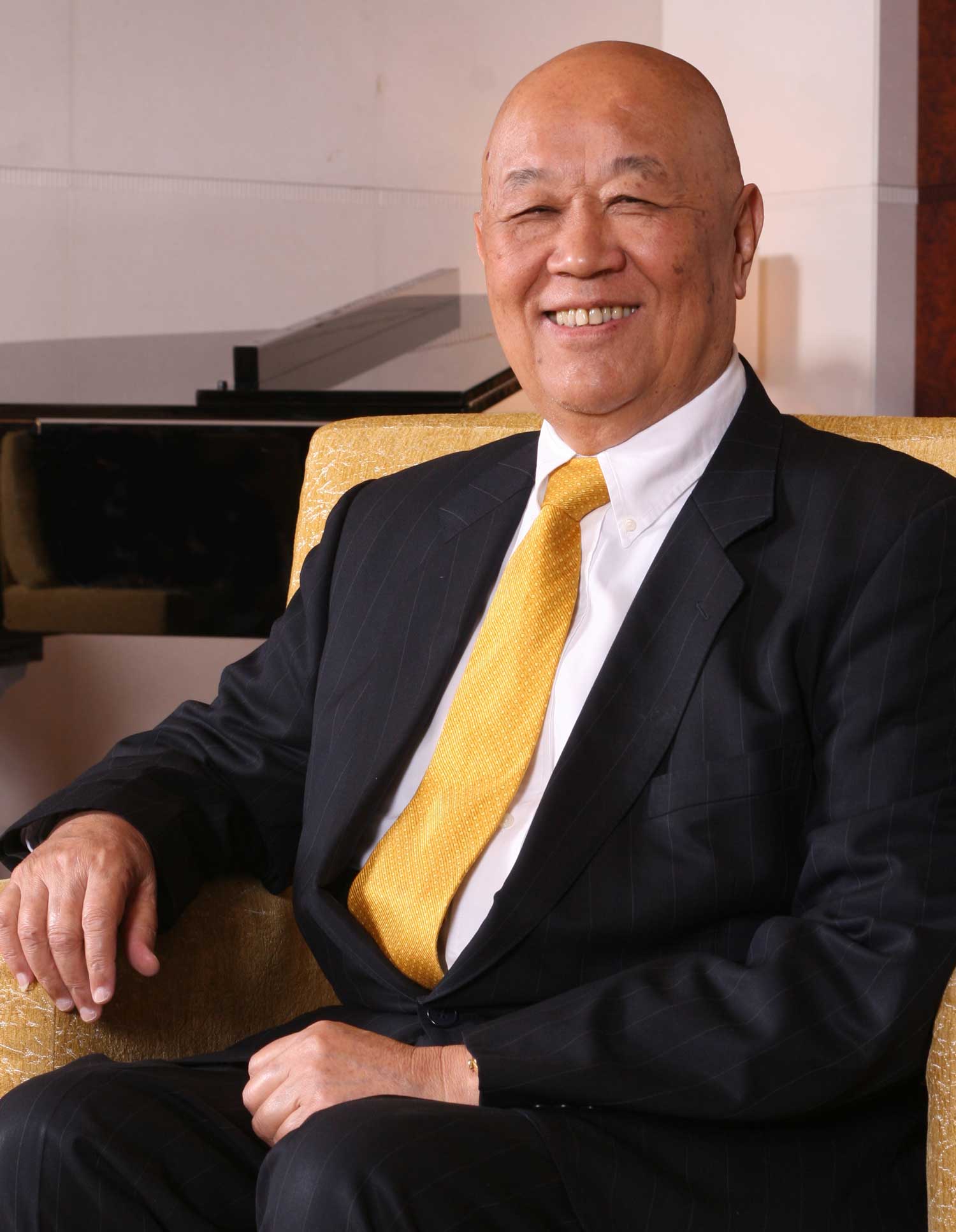
Can you tell us more about the Tan Family Principles and Policies and how you enforce them?
My father is a man with great vision. Back in 1985 he came up with guiding principles for the family that already emphasised what was important to each and everyone of us. Honesty, integrity, respect for the elders are our foundations.
Implementing these values across an entire organisation was a different matter. As we grew older and all became part of the business, we began to ask ourselves what these values really meant to us and soon realised something was wrong. We quickly understood that we needed to educate ourselves in matters of family business.
The real question became whether we wanted to stay together or simply splinter off into smaller divisions. We hired several experts to give us workshops though we also knew we had to learn how to better communicate, which is very important and very challenging. We, the second generation siblings, decided to have an offsite workshop in order to address fundamental questions: What were our dreams and ambitions? Did we want to stay together? It was a positive surprise to see that we all shared dreams and wanted to build the business together.
Despite our differences, we knew we were stronger in union, that we all learn from each other. But if we wanted to be together we had to address our shortcomings. Accepting that we are all different and that we have to always find ways to work things out between us, was key. We also understood that this would require new policies.
How did you develop these new policies?
We went back to our parents and together came up with a simple motto: “Family interests before personal interests.” A lot of families are suing each other over money. They no longer love each other. As a family we emphasise that money is important but cannot be the core focus of our lives. We are happy with a simple way of life and want to avoid falling into the trap of confusing material goods with happiness. We vowed to stay together, not only because a patriarch told us to, but because we chose to.
We were growing fast and knew that more family members would join every year. As it stood, each brother ran a business. We realised we needed corporate governance and family governance. We established the family office and eventually hired external staff to maintain impartialness. The policies that we put in place had to reflect not someone’s personal preference but rather be geared towards the good of the whole family. We developed rules that everyone has to follow while maintaining an open dialogue. The Family Office lends support to all family members in the same way.
We have a few family committees in place and try to develop various aspects of the family business by sharing our time through these structures. We also made sure that one brother was part of each committee, as representative of the second generation.
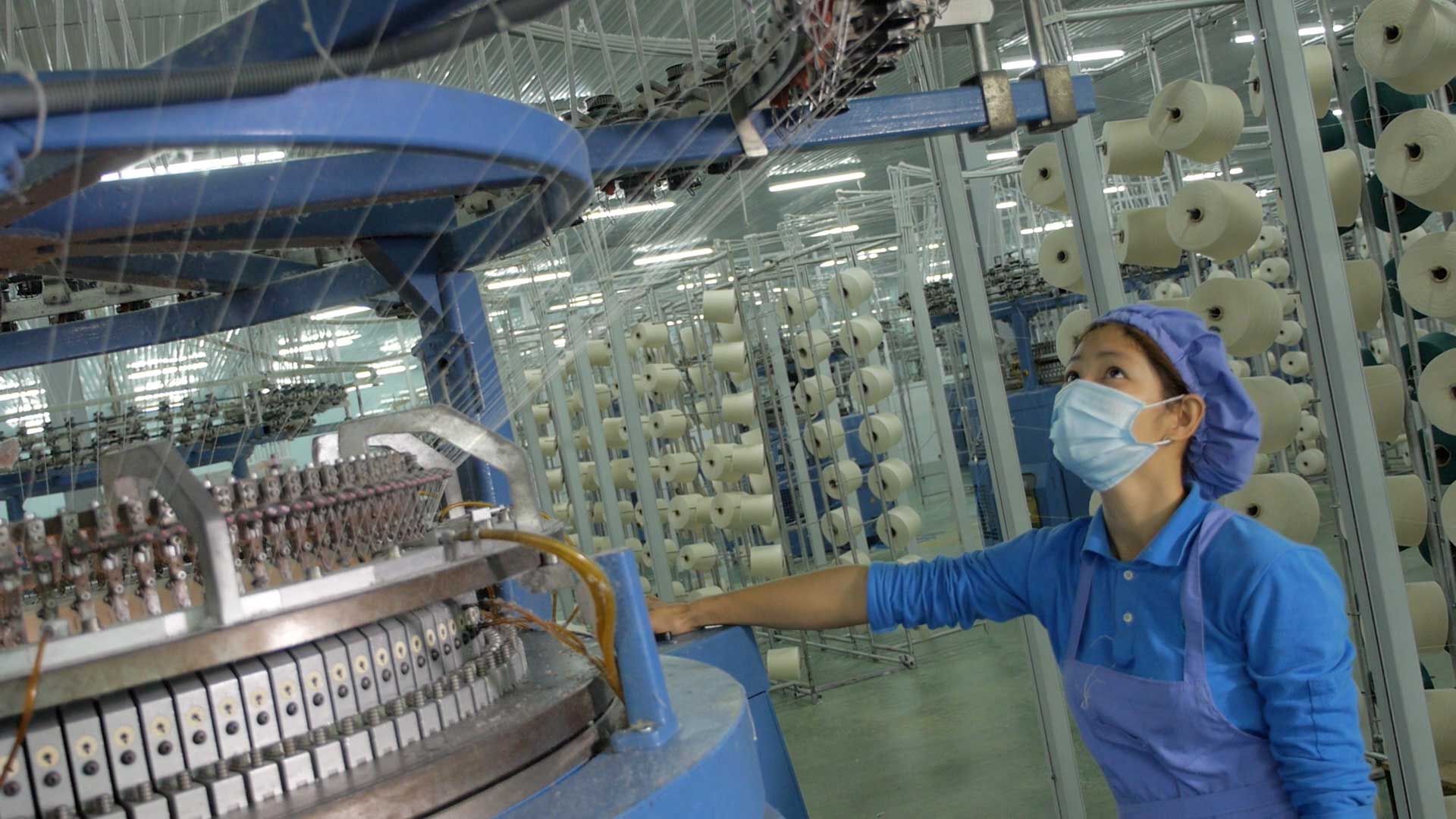
Do these new structures produce tangible results?
Yes, they do. In the education committee, for example, we define the different needs of children and recommend schools to the parents. We counsel students on the necessary requirements to get a great education. We promote the sense of personal responsibility when family members make career choices. While at university, we organise summer internships for next generation members so they can garner as much experience as possible. We also want to be open-minded. If someone wants to be a banker, then that is fine. If someone wants to be a musician, then that is also fine. They don’t have to have an interest in the business per se, they can also be a philanthropist, for example.
In the end, everyone should want to be a good family member. We have an annual family assembly where family members can see more of the business and our family management. They have to feel that they are a part of it. Having said that, if they want to work for the business they have to be qualified. There is an application process that is maintained for everyone.
We also have an annual family retreat where it is all about enjoying our time together. It is organised by our recreation committee. We will pick an interesting city to visit. Every year we look forward to it and that is how we strengthen our family ties.
Our goal is to instil a sense of family values in each generation.
[ms-protect-content id=”4069,4129″]
You have obviously achieved great family harmony, but how do you achieve consensus in strategic matters now that you are part-listed?
Firstly, it is important to know why you want to take your business public. For us it was clearly about expansion. We had a game plan. We wanted to be a major player in the global apparel industry.
A lot of discipline is required when going public, which helps maintain and achieve transparency. You have to stick to standards with no exceptions. It is not easy, but if you want to run a big company, public or not, you need standards. What also helps us achieve consensus are the monitoring independent directors. We cannot take a decision we are not able to defend in front of the board.
We welcome opinions and ideas from different directions. These can come from outside the family. Harmony ensues by the principle that once we have agreed on a plan, everyone gives it their full support. Even if for instance I do not agree with every part of the plan, I have to respect the overall family decision and put my energies towards realisation.
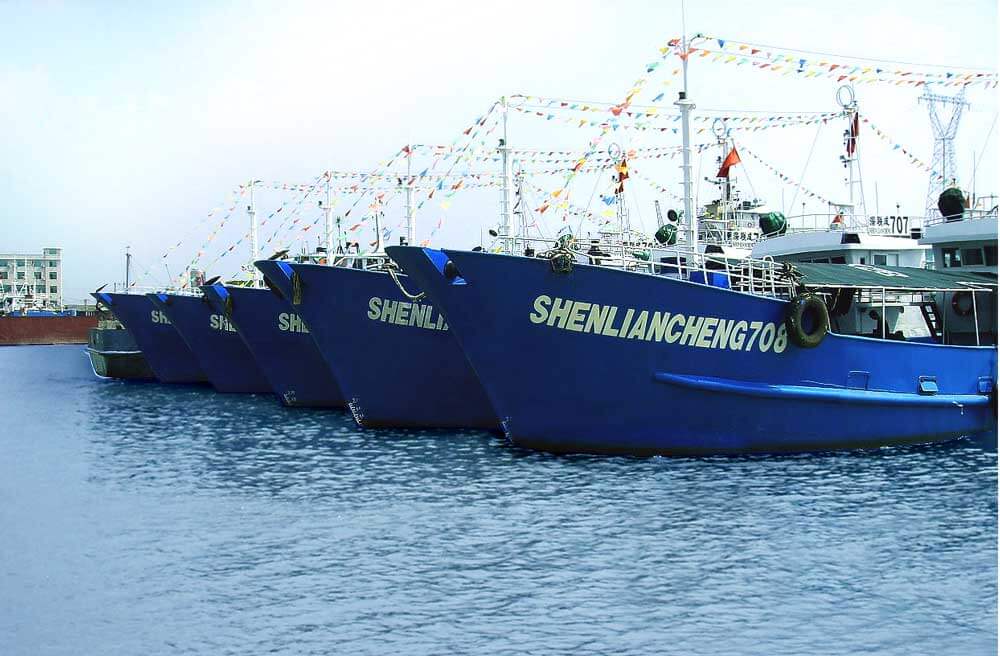
Your industry demands you to quickly adopt to change. How are you responding to increasing pressure for innovation?
We take risks. We have to diversify, do different things. We are not only in apparel. We are in manufacturing. For example, we grew from making simple garments to making more sophisticated ones, like shoes and bags. It was not an easy transition but a necessary one. We continue to invest in new machinery and test it out regularly.
The other way we expand and innovate, is along the supply chain. We have started directly working with the retailers. For instance, we are now the joint venture partners for Sketcher for the whole of Southeast Asia.
The most important type of risk we take is that we are willing to invest in people that bring the right kind of thinking to the table. Investing in people means you are investing in innovation. The right people help us move in the right direction. The business might change, but good people are good people.
What are your priorities in terms of social responsibility and sustainability?
With over 40,000 employees, we have had to learn to answer to and be held accountable by our workforces. Everything we do must have an element of giving back to the community and environment. We work with our customers to uplift their social responsibility standards. We are known to have high expectations from all our stakeholders and towards ourselves in that respect.
We are always finding ways to impact the local community. We currently work with charitable organisations and foundations and support youth through, for example, our soccer programs in Hong Kong and the Philippines. In Hong Kong, my brother Raymond co-founded the official Chelsea Soccer School. We also give support for relief work through the Tan Family Foundation in cases of natural disaster. Also, since we work in the fishing industry, we are actively involved in remedying overfishing.
How much do you think culture will matter to future family generations?
There are two perspectives of Chinese culture, the traditional and the modern. Our values are firmly entrenched in our traditions, but how do we live these values in modern times? It is important to experience family relationships in order to live values, and so family time is necessary to answering this question. We have Sunday dinners. The moments in which we share happiness and sadness truly show what our family values are. It is these moments that we remember and will remember most.
You are celebrating an important anniversary this year. What aspects of your family business are you leaving behind, and what aspect are you taking forward?
We have been through so much growth and development, which took great commitment from all generations. Expansion will continue to be a demanding task. We have big plans for the future that we are working on. But plans can always change and we are prepared to adapt.
We want to continue to enforce our governance systems for the business and the family. We understand that it is not a static document but a continuous dynamic process that needs to be updated.
We will continue emphasising our value system. Everything will change and we will have to adapt, but we believe the family values will hold strong. We are very happy to stand and continue standing as a successful, united family business.
Tharawat Magazine, Issue 28, 2015
[/ms-protect-content]


